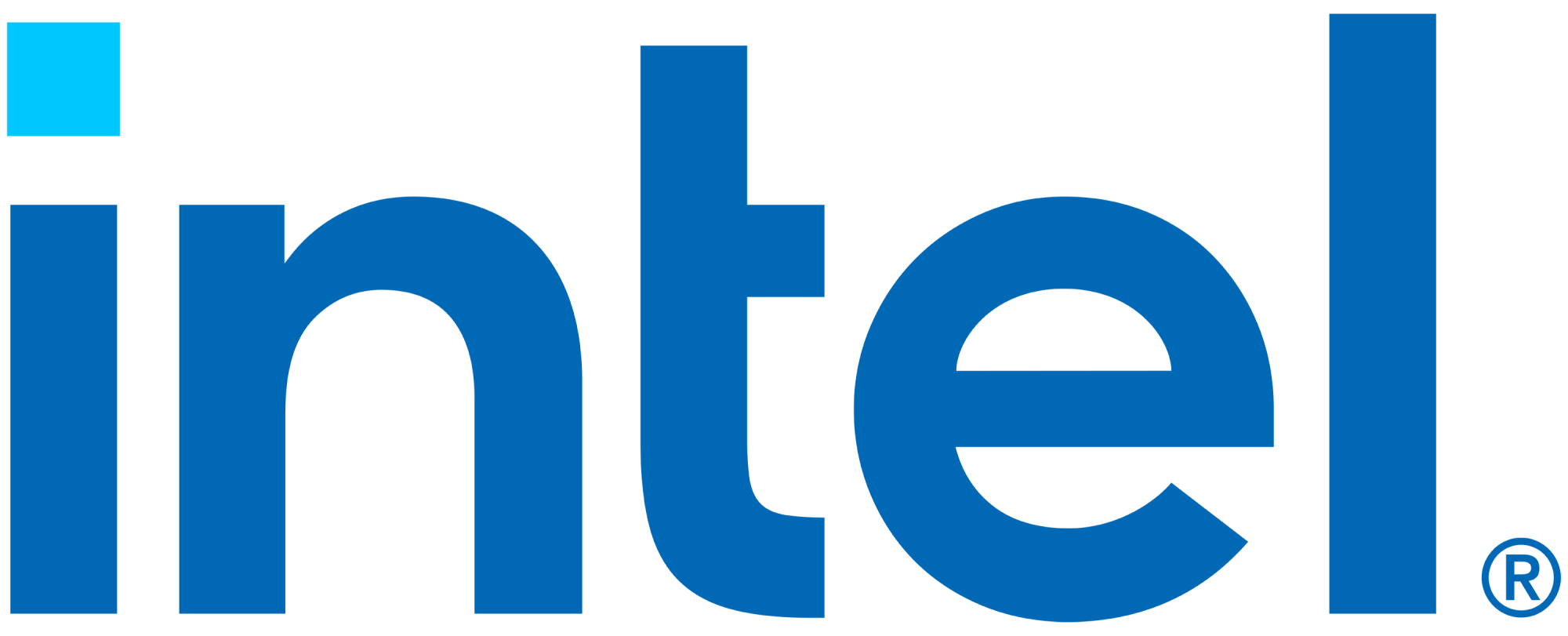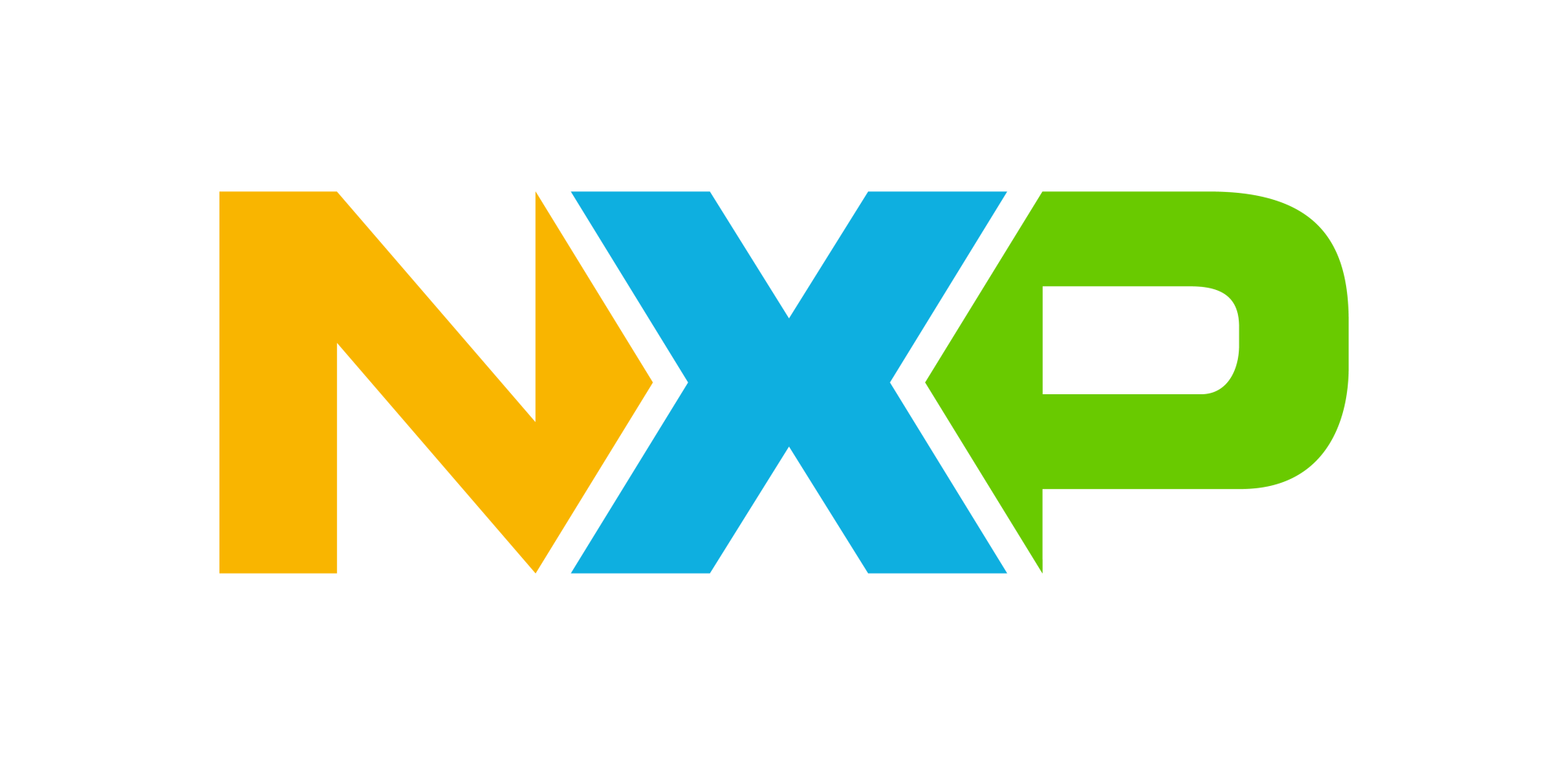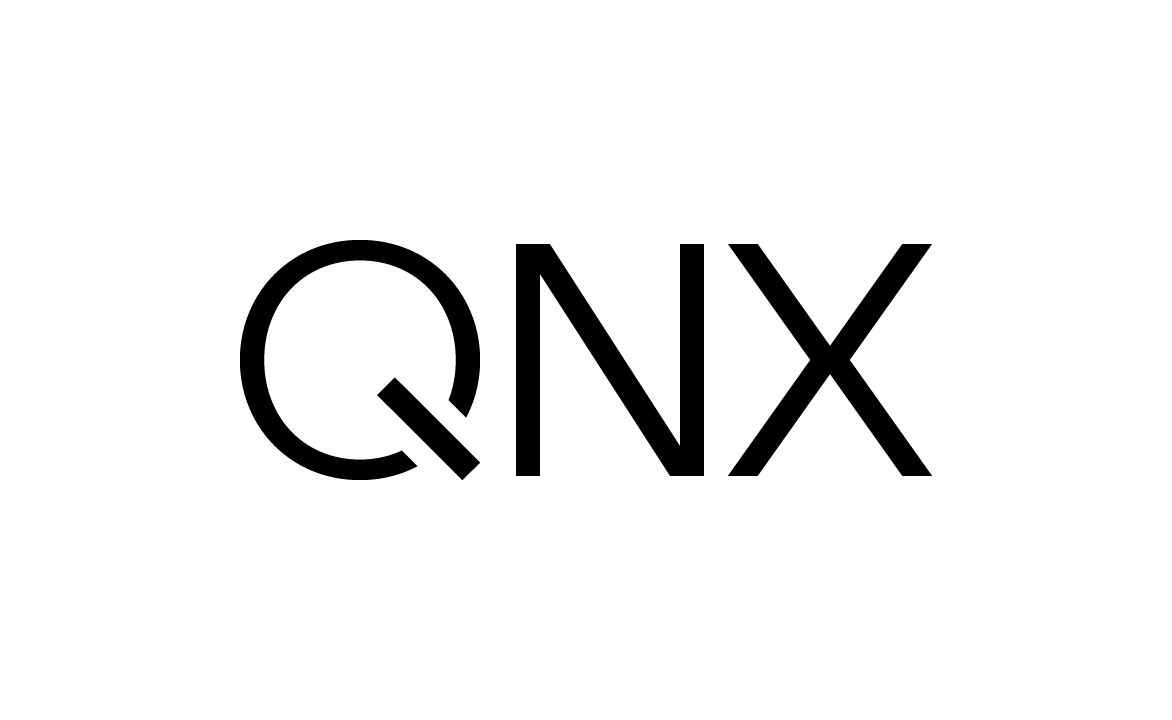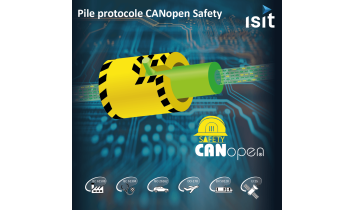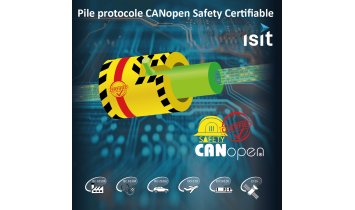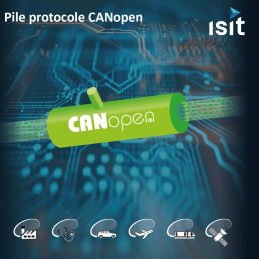
ISIT CANopen Stack
- Protocols : CAN / CANOPEN
- Provider : ISIT
- Products / Services : Software
- Domains : Medical , Avionics , Industrial , Automotive , Rail , Aeronautics
The ISIT CANopen Stack is fully compliant with CiA-301 V4.2 and CiA-302, enabling the rapid and efficient implementation of the CANopen protocol in embedded applications.
CANopen protocol
First introduced by Bosch in 1991 and standardized in 1993 (ISO 11898), the CAN bus has experienced continuous growth, far beyond its original automotive applications. Thanks to its robustness, reliability, simplicity, and low implementation cost, it has become a standard protocol for real-time control networks, complementing Ethernet, which is better suited for high-bandwidth data applications.
CANopen, defined at Layer 7 of the OSI model, is a communication system built on the CAN network. It offers flexible and efficient services for configuration, diagnostics, network supervision, and process data exchange. The protocol also defines device and application profiles, enabling interoperability and simplifying system design.
Originally developed for motion control systems (e.g., material handling), CANopen is now widely adopted in medical devices, off-road vehicles, maritime systems, railway applications, and building automation (e.g., elevator control).
CANopen, defined at Layer 7 of the OSI model, is a communication system built on the CAN network. It offers flexible and efficient services for configuration, diagnostics, network supervision, and process data exchange. The protocol also defines device and application profiles, enabling interoperability and simplifying system design.
Originally developed for motion control systems (e.g., material handling), CANopen is now widely adopted in medical devices, off-road vehicles, maritime systems, railway applications, and building automation (e.g., elevator control).
ISIT CANopen protocol Stack
ISIT provides a CANopen protocol stack software package fully compliant with CiA-301.
The stack is composed of:
Drivers are already available for many CPUs and CAN controllers (e.g., STMicroelectronics, Infineon, TI, Renesas). The stack can run bare metal (no OS) or with various RTOS (ThreadX, FreeRTOS, Keil RTX, embOS, TI-RTOS) as well as Linux (SocketCAN, can4linux).
- Developed in ANSI-C with a hardware-independent architecture (except CAN driver).
- Accelerates the development of both Master and Slave devices.
- Supports essential services: SDO, PDO, NMT (network management), SYNC, EMCY, LSS (layer setting services).
- Available as Slave or Master/Slave versions, either as a pre-ported binary for specific targets or as source code.
The stack is composed of:
- Hardware-dependent layer (CAN driver & CAN controller control software).
- Software-dependent layer (OS / Bare metal).
- Hardware-independent layer (CANopen protocol core), interfacing with CAN driver
Drivers are already available for many CPUs and CAN controllers (e.g., STMicroelectronics, Infineon, TI, Renesas). The stack can run bare metal (no OS) or with various RTOS (ThreadX, FreeRTOS, Keil RTX, embOS, TI-RTOS) as well as Linux (SocketCAN, can4linux).
ISIT CANopen protocol Stack - Features and Benefits
- OS- and CPU-independent core architecture.
- Delivered with ANSI-C source code (except binary versions).
- Fully compliant with CiA-301 (EN50325-4) for Master/Slave development.
- Generic, easy-to-use API (compatible with Safety versions).
- Based on the same code as the certified version (except DR-303 and LSS).
- Includes EDS Editor / Object Dictionary source code generator.
- Can be upgraded with the CANopen Safety extension (CiA-304 / EN50325-5) to desired safety standard level.

